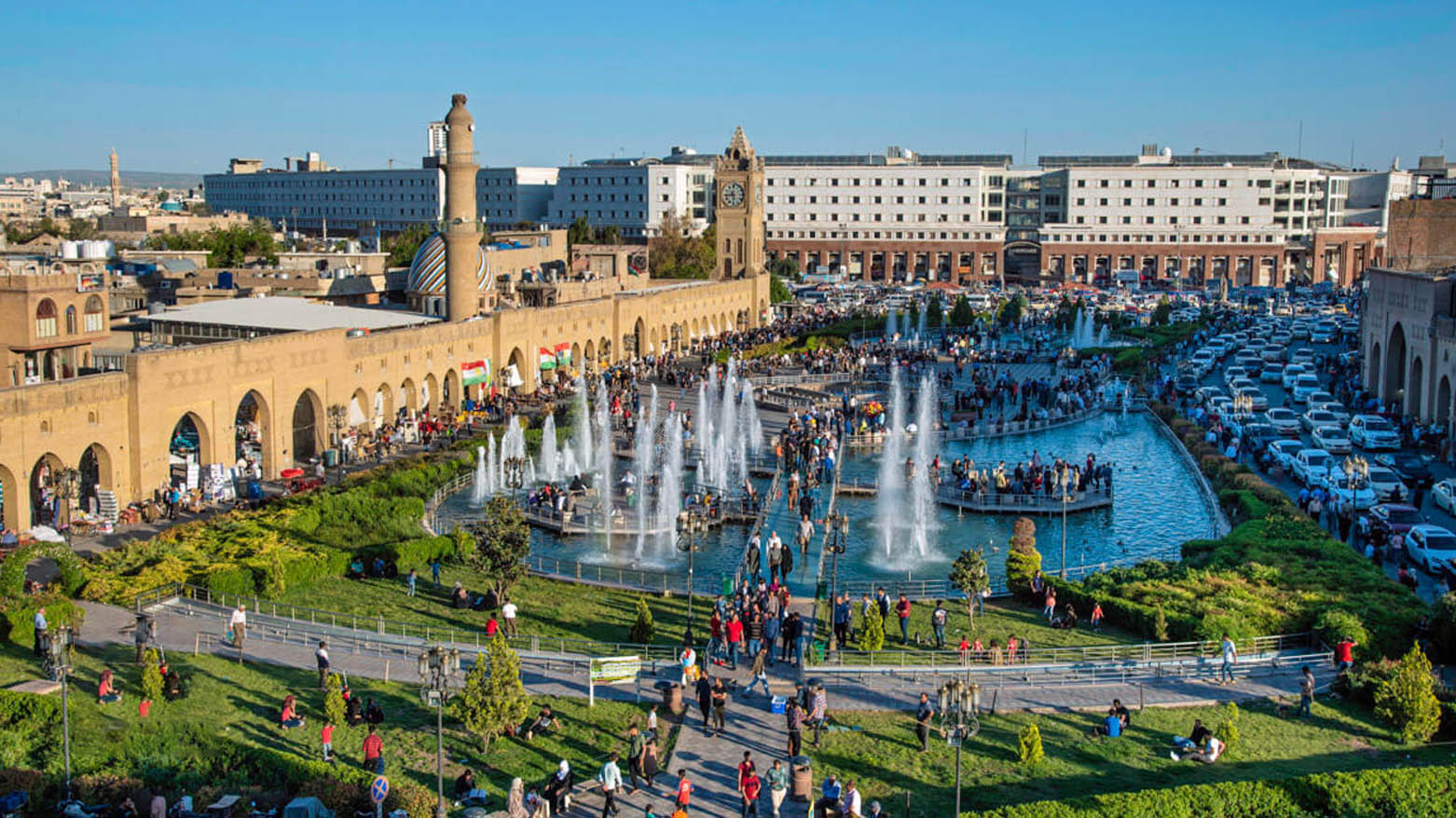Runaki Project and Refinery Shutdowns Drive Cleaner Air in Erbil
Erbil's air quality has significantly improved after a campaign shut down 85 unlicensed refineries. The 'Runaki' project has also deactivated up to 60% of private generators, reducing pollution and providing 24-hour electricity to millions.

ERBIL (Kurdistan24) – In a significant move to combat air pollution and improve public health, authorities in the Kurdistan Region are reporting markedly cleaner air in the capital, Erbil, following a dual-pronged effort to shut down dozens of unlicensed oil refineries and dramatically reduce the number of private generators through the landmark 'Runaki' electricity project.
This large-scale environmental campaign has not only cleared the atmosphere but also relieved citizens of the pervasive noise and health hazards that have long plagued residential areas.
The Kurdistan Region's Environment Protection and Improvement Board has spearheaded the campaign against illegal industrial polluters.
Dr. Sanan Abdullah, spokesperson for the board, informed Kurdistan24 on Tuesday that the efforts have been concentrated in Erbil province, where the majority of such facilities were operating. He confirmed that a total of 85 unlicensed refineries have been shut down in the city.
Dr. Abdullah also issued a stern warning to the remaining operators, stating, "The others, if they do not meet environmental requirements, have not obtained an official license from the Ministry of Natural Resources, and do not adhere to the guidelines of the Environment Protection Board, will be shut down in the same manner as the others."
In parallel with the refinery closures, the successful implementation of the "Runaki" project to provide 24-hour national electricity has had a profound and immediate effect on the urban environment.
The initiative has allowed for a significant number of private generators—a primary source of air and noise pollution—to be turned off. "Turning off approximately 30 to 40 percent of the generators has made the city's environment cleaner," Dr. Abdullah noted, emphasizing that these machines spread toxic substances and disruptive noise throughout the city.
Dilshad Hirani, the Director of Environment in Erbil, provided a more detailed assessment of the project's impact, stating that Erbil's air is becoming "cleaner day by day."
Speaking on Kurdistan24's "Basi Roj" program, Hirani confirmed the "Runaki project has led to the shutdown of 60% of the generators. Now, Erbil's air has become very clean and healthy."
He elaborated on the severe health and environmental consequences of the generators, which used low-quality fuel linked to cancer, skin, and eye conditions. The relief for residents has been palpable.
"Previously, we had three hotlines that would receive more than 100 calls nightly from citizens complaining about the noise and bad odors," Hirani said. "But, thank God, we have only received one call in the past month." The pollution was so severe, he added, that it contaminated the soil and, in some neighborhoods, led to water sources being mixed with fuel.
The "Runaki" project, officially announced by Prime Minister Masrour Barzani on Oct. 17, 2024, was designed with the dual goals of providing continuous electricity and cleaning up the region's environment.
The Kurdistan Regional Government's Ministry of Electricity has reported that the project has already provided 24-hour power to over 2.7 million citizens, accounting for approximately 40% of the region's population.
As the project expands across Erbil, Duhok, and Sulaymaniyah, it represents a critical step toward a more sustainable and healthier future for the Kurdistan Region.
Officials stress that maintaining this positive environmental momentum requires public cooperation. Dr. Abdullah emphasized the interconnectedness of resource management.
"Citizens must be conscious of their use of electricity and water," he said. "For example, providing 24-hour electricity has a direct link to protecting other elements of nature." Hirani added that the project also serves an important educational purpose, teaching citizens to conserve energy and avoid waste.
